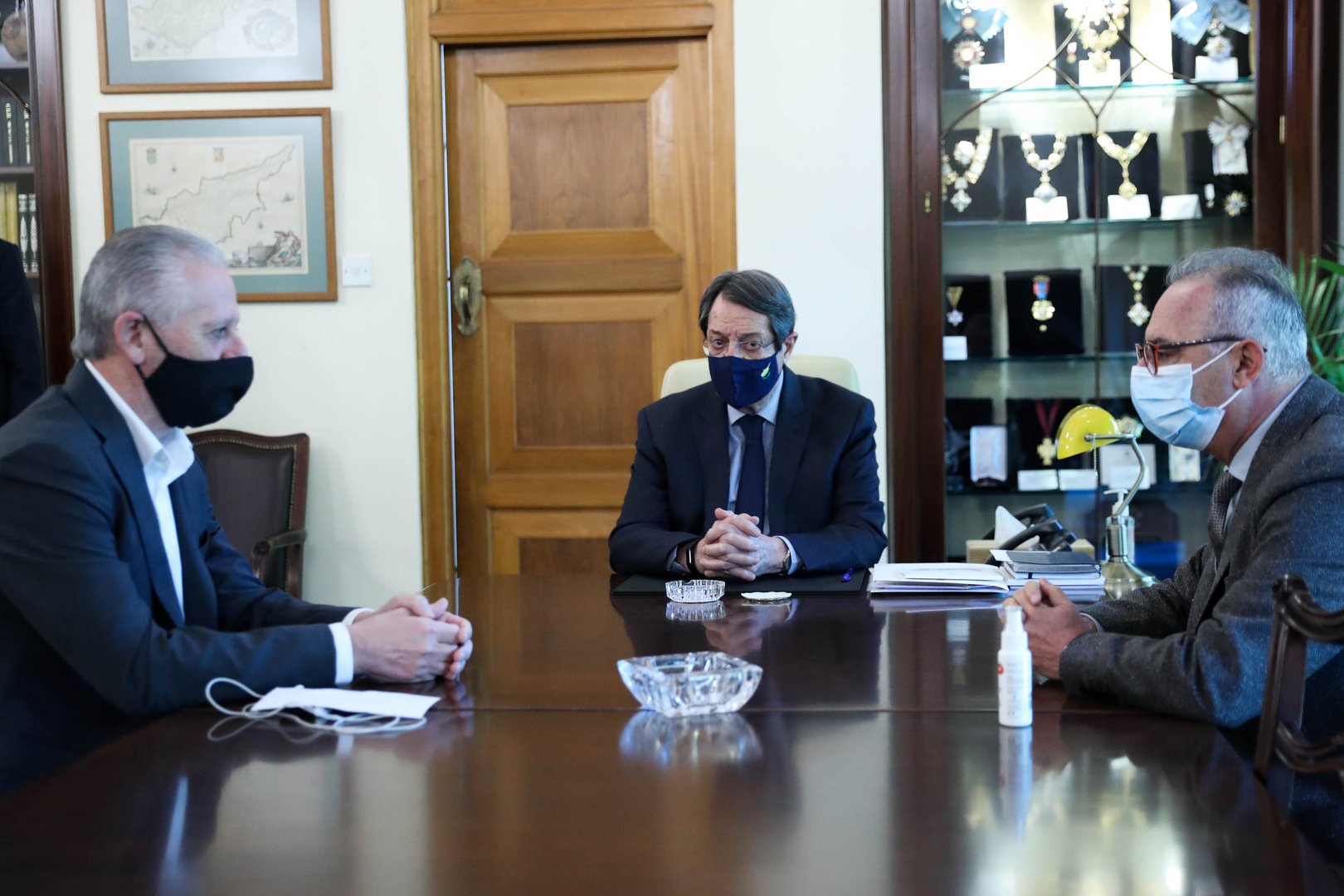Some have speculated, more in jest than seriously, that President Anastasiades and Disy chief Averof Neophytou are engaging in a ‘good cop – bad cop’ act with regard to the Cyprus problem. While the former has been restrained in his public comments, repeating the obligatory support for bizonal, bicommunal federation, the latter has been much more expansive, passionately supporting the need for a settlement and confronting those that are opposed.
There is a role-reversal when the audience changes. Anastasiades, who is the good cop for domestic audiences, is most probably considered the bad cop in Brussels and the UN headquarters in New York. Neophytou is very much the bad cop in Cyprus where he is seen as lacking patriotism and ready to surrender Cyprus to the Turks for the sake of a settlement, but abroad is most probably considered a moderate leader that could be very helpful to the peace process.
Perhaps the two decided that Neophytou would argue the case for a settlement, answering all the objections of the rejectionists, who have had a free rein for years, as well as highlighting the dangers of not reaching a deal. Anastasiades, meanwhile, would step back and avoid the political bickering and try to act as the unifying force when the need arises. This might be the theory, but it will not necessarily play out in practice.
Meanwhile, in the last week or so, there was an indication that this might not be a rehearsed double act. At last week’s national council meeting, it was reported that Neophytou questioned the presence of a retired ambassador, known for his rejectionist positions, on the negotiating team. A few days earlier, the retired diplomat, Tasos Tzionis, who had also served as President Papadopoulos’ right-hand-man, gave a newspaper interview in which he presented his rejectionist credentials and in effect argued that Anastasiades should not have accepted the invitation to the informal, five-party conference.
It was an unprecedented move by Neophytou, as he was publicly questioning the president’s choice of advisor, but he had a point. What was this man, whose expertise was finding legalistic pretexts at preventing the two sides approaching each other, doing on a negotiating team that would supposedly work to find a settlement, difficult as this might be. Did Anastasiades need an advisor to give him reasons not to reach an agreement?
On Monday, the president publicly snubbed Neophytou by giving his vote of confidence to Tzionis, who through his different thinking, “could help us face every danger”. Was he talking about seeing off the danger of an improbable agreement, because in this respect the retired ambassador would be ideally suited to find excuses for avoiding it? This has always been his expertise and his recruitment raises big questions about what Anastasiades has in mind for Geneva.







Click here to change your cookie preferences